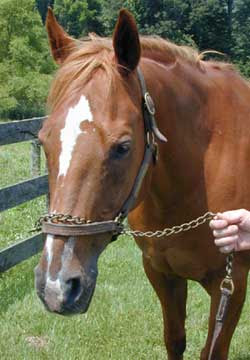How To Fix Horse Gums

Fully visualizing all tooth surfaces of the molars requires specialist equipment but you are still able to check the incisors and the molars for any obvious problems or signs of discomfort.
How to fix horse gums. Injury might also be caused by the horse biting the top of a board and jerking back affecting the. Periodontal disease is the leading cause of tooth loss in horses with a prevalence of 35 to 85 in various equine populations. Severe cases can be recognized on routine physical exam if facial swelling draining tracts or sinusitis is present. Every responsible horse owner should regularly check their horse s teeth on a regular basis. This might result in fracture of a tooth or laceration of gums cheeks or surrounding tissue.
Brush floss and use mouthwash twice daily. Ideally you should check your horse s mouth as part of his bridling up step 2 smell your horse s breath. Rinse your mouth with warm salt water. Check the color of your horse s gums. Use over the counter otc painkillers such as.
Yellowed gums can indicate liver problems when the organ is unable to filter the pigment from the bloodstream. Step 1 check your horse s teeth regularly. Most horses gums are pink or lightly pigmented just like human gums. If you lift your horse s lip and the gums appear very pale abnormally dark or muddy looking or bright red then contact the vet immediately. However gums can also have a harmless tint of yellow after a horse eats high levels of beta carotene which is found in foods like alfalfa and carrots.
Practice good dental hygiene practices. Use only toothbrushes with soft or extra soft bristles. Take a moment to smell the horse s breath. Replace your toothbrush every 3 4 months. This helps you eliminate gum disease and reverse gum recession gum inflammation bleeding gums loose teeth plaque build up gum sores abscesses gum sensitivity and bad breath.
Topics include nutrition soundness lameness equine behavior farm barn older horse care.


















